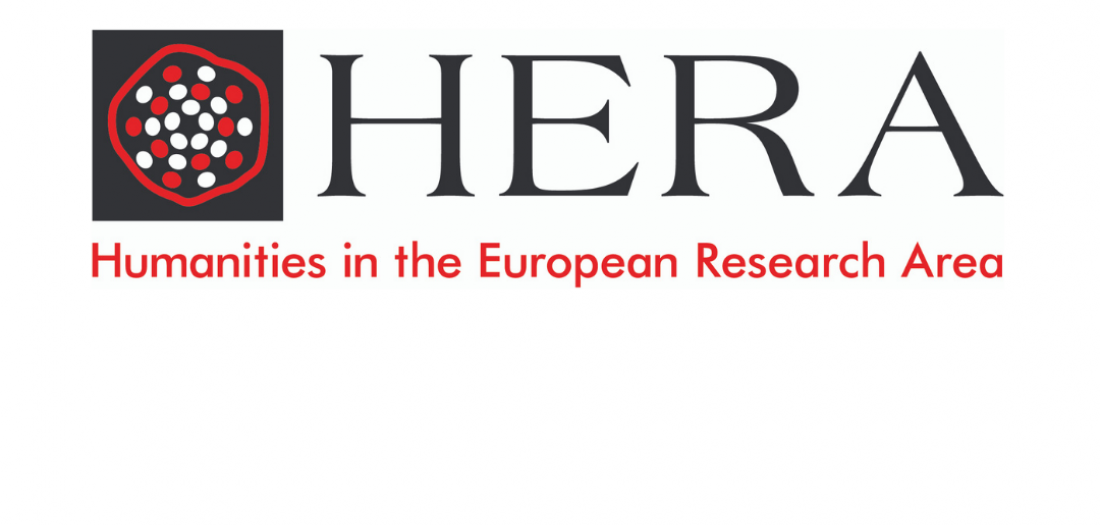Trier Center for Digital Humanities: Substantial Grant for Research Project
Cooperation project is funded by the HERA program
25.07.2013 | General

How did the major and culturally influential nations Great Britain, France, and Germany influence the public discourse in smaller states such as the Netherlands, Belgium, and Luxembourg?
In the next three years, cultural historicists, computational linguists, and digital humanists at the University of Trier, the University of Utrecht, and the University College London will investigate this question through their research project “Asymmetrical Encounters – Digital Humanities Approaches to Reference Cultures in Europe, 1815 – 1992”. The project will be financially supported by the HERA programme (Humanities in the European Research Area). At Trier University, the research project is supervised by Prof Dr Caroline Sporleder (Trier Center for Digital Humanities, Department of Computational Linguistics and Digital Humanities).
The project will investigate cultural aspects of the European identity and examine the changes in reference cultures during the past 200 years. The team will develop innovative digital techniques to analyse the electronic newspaper archives of the National Library of the Netherlands, the British Library, the Bibliothèque Nationale de Luxembourg, and various other European libraries. Text mining and sentiment analysis enable a quantitative approach towards the European history of mentality. This permits scientists to identify the long-term developments and turning points within the public discourse and to point out the most important vectors of intercultural influences.
The HERA programme is a collaboration of the Federal Ministry of Education and Research (BMBF) and twenty other European organizations dedicated to the promotion of research. Its aim is to foster the cooperation of leading research institutions in Europe. This year’s funding period was tailored for innovative projects with a specific focus on the humanities dealing with the topic “Cultural Encounters”.

